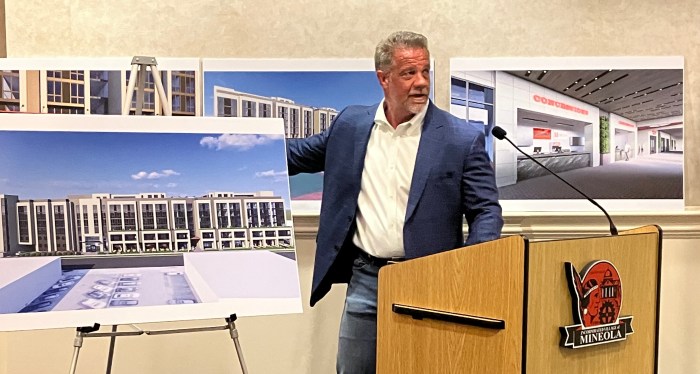As more and more uses for dental stem cells are being discovered, Provia Laboratories in Littleton, MA, is giving individuals the option to store their lost teeth for any future needs.
“You should have the option to save your teeth so that you can make a conscious and informed decision about what you want to do with them,” said Peter Verlander, chief scientific officer at Provia Laboratories.
With Provia’s Store-A-Tooth program, people can send removed baby or wisdom teeth to be evaluated and processed for stem cells that may come in handy later in life. Those who enroll in the Store-A-Tooth program are sent a Tooth Transport Kit so when the tooth comes out, it can be collected and shipped to the laboratory.
“It’s fairly simple, the tooth comes out, it goes into a vial, it gets packed up in the cooler with ice packs and it’s shipped,” explained Verlander. “It is then shipped overnight to our laboratory.”
The vial contains a solution that sustains the viability of the tooth while it is being shipped.
Store-A-Tooth has also partnered with dentists to assist with the extraction and transportation of teeth to their facility. Verlander recommends getting the teeth removed at the dentist for the best chances at viability, but if it comes out at home that is okay as well.
“By the time the tooth has just completely fallen out on its own, it doesn’t have blood supply to the pulp and in molars, the pulp may be absorbed,” he said. “Regardless of whether it comes out in the office or at home, once the tooth comes out it can be placed in a transport kit.”
 Verlander does not advise having teeth pulled prematurely.
Verlander does not advise having teeth pulled prematurely.
“We expect that to be a decision made after discussion between the dentist and the parent about when the right time is for the tooth to come out,” he explained.
Once the tooth arrives at the laboratory, it is decontaminated and evaluated to determine if there is sufficient pulp available. Then, the tooth is cracked open for pulp extraction. If there is enough pulp and it is healthy, it is processed and stored.
“We have two types of processing,” explained Verlander. “We have our whole-tissue processing where pulp is collected, and the cells are separated. The tooth comes in, is processed and within a few hours it’s in the freezer.”
The second process involves culture cell product, where the cells are expanded in culture and grown out for up to 30 days before they are frozen down. This process is where mesynchymal stem cells are developed.
“Our belief is that these cells will be used for clinical purposes,” said Verlander.
Individuals whose teeth go through the culture expansion process will receive reports about the characteristics of the cells and whether they can be classified as viable stem cells. Stem cells are used in a variety of applications including anti-inflammatory purposes, tissue engineering and treatment of neurological conditions to name a few.
“Some things they are looking at for the future is help with Type 1 diabetes and traumatic brain injuries and spinal cord injuries,” said Verlander. “It’s early, of course, but there are many clinical trials going on.”
The goal of the Store-A-Tooth program is to give people the option to access these stem cells if they may need them in the future, especially as their uses become more apparent.
“That’s our challenge, getting the word out there and making people aware that teeth are an option. That is the way we’ve always characterized what we do,” said Verlander.
For more information on this teeth-saving process, visit www.store-a-tooth.com.































